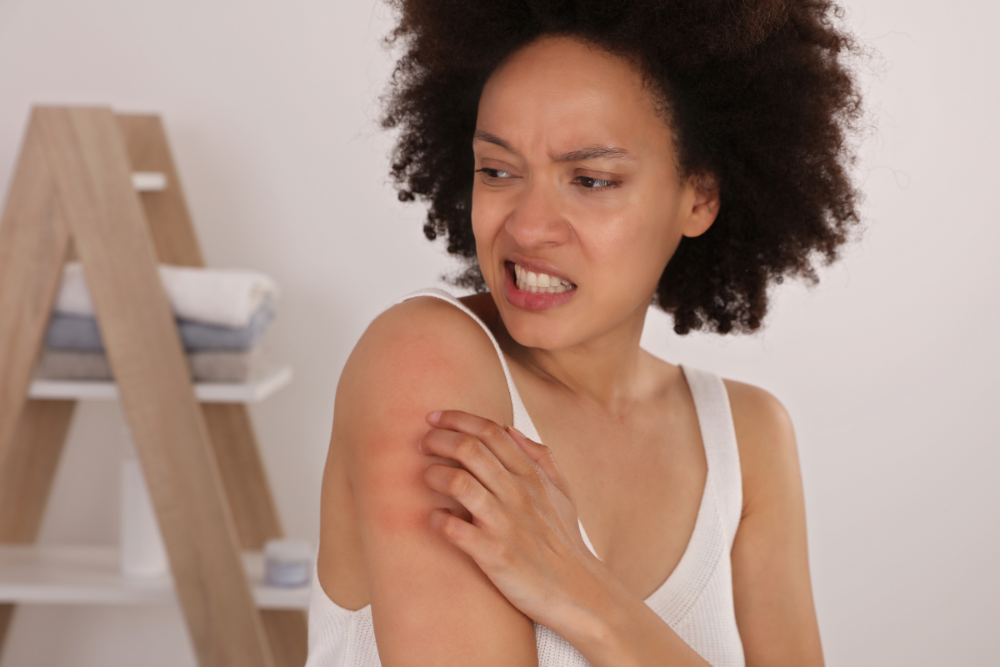Stress can be at its highest point during this critical life stage for many people. Whether you’re embarking on a journey of education and university, starting a family, or working hard to get that next promotion, it’s crucial that positive health remains a priority.
With busy calendars, it’s easy to reschedule general health checks, again and again, before we forget about them entirely. However, prioritising preventative healthcare can allow you to identify any early signs of detrimental conditions and address these before they manifest into a more severe problem.
Regular health checks also provide the information needed to document a thorough medical history, which can assist in determining your baseline for comparable results in future check-ups.
What to expect during health checks
Several different health checks are essential for people in their 20s and 30s. Initially, a consultation with your GP is a great place to start, followed by further check-ups focusing on various aspects of both your physical and mental health.
During this initial appointment with a health professional, measurements will be taken to record your weight, height, blood pressure and heart rate. Your doctor may use this information to determine your body mass index and whether or not you are in a healthy weight range for your height and age.
A blood pressure check can be performed by a doctor, a nurse or even at home, with a blood pressure monitor and cuff. It is recommended that, during your 20s and 30s, you have your blood pressure checked at least every two years. Depending upon your family history, however, you may need to monitor this more regularly.
If your treating health professional identifies any abnormalities or needs a more detailed understanding of your overall health, they may advise further testing, including blood tests or urine tests.
The importance of screening tests
As we age, a screening test becomes an increasingly important factor of regular health checks, identifying any early warning signs of more serious conditions.
Cervical cancer screening test
A cervical screening test is one of the most vital health checks for women. It is often recommended that your first cervical screening test occurs either at the age of 25 or two years after you first become sexually active.
The cervical screening test replaced the original pap smear test, allowing doctors to identify the presence of the human papillomavirus (HPV) during its early stages. High risk strains of HPV can lead to cell mutation with the potential to cause cervical cancer.
Breast cancer screening tests
During your 20s and 30s, self-check breast examinations at home are an excellent way to identify any early warning signs of breast cancer. However, suppose you have a strong family history of breast cancer. In that case, it’s essential to disclose this information to your doctor for them to create a personalised care plan, which may outline the need for an annual screening test, such as a mammogram.
Regardless of personal or family history, you should regularly conduct self-checks at home and consult a doctor if you notice any unusual lumps or discomfort.
Consider family history to determine any increased risk factors for your health
Our genetics play a dominant role in many aspects of our health and well-being. While you may not be affected by a medical condition simply because a family member has been, if one or more members of your close family share a chronic illness, you are likely to have a higher risk of developing the condition yourself.
Although there are no definitive means of determining whether or not you will be affected by a hereditary condition, research suggests a correlation between genetics and the following afflictions:
- Cardiovascular disease
- High blood pressure
- Testicular cancer
- Breast cancer
- Bowel cancer
- Kidney disease
- Mental health disorders
Regardless of your personal or family history, if you are experiencing any physical or mental health issues, always seek help and advice from a medical professional.
Mental health checks
Whether or not you have experienced any mental health issues in the past, it’s a good idea to do a self-evaluation of how your mental health is tracking. This self-evaluation will allow you to identify if there is anything more you can do to nurture your overall well-being.
Recent studies have revealed that around 40% of millennials are afflicted with high-stress levels due to concerns with financial stability, relationships and job security. If you’re in your late 20s or 30s, it’s likely that you are currently experiencing the most stressful years of your life. Not only can this level of stress be detrimental to your mental health, but it can also impact your physical health, resulting in high blood pressure and even hair loss.
In addition to self-evaluating how you are travelling, it’s also a good idea to chat with your GP about a mental health check. During this initial assessment, your doctor can evaluate your circumstances, identify early signs of anxiety or depression, provide a referral if needed and create a healthcare plan for your moving forward.
Dental check up
It’s not uncommon for dental health to deteriorate over time, particularly for those who could think of nothing worse than going to the dentist. Even if this is the case for you, it’s time to face the fact that dental check-ups are an unavoidable part of life – if you want to prevent tooth decay and keep that winning smile.
During your dental visit, an overall check of your oral health will be conducted, including your lips, teeth and gums. In many cases, your teeth will undergo a thorough cleaning to remove plaque, and you may also be offered a fluoride treatment.
Annual or bi-annual dental check ups are crucial for the early detection of gum disease, which can lead to further complications with your oral health.
Checking for skin cancers
Skin cancer is a prominent health concern for many Australians with outdoor professions or for those that enjoy living a lifestyle under the sun.
Being familiar with your own skin is the first step in the right direction of promoting positive skin health. Although skin cancer is more prevalent amongst older generations, it can be a common cancer that manifests between the ages of 20 and 30 due to sun exposure from childhood.
When performing a self-check at home, be sure to check your entire body for any abnormalities. If any moles or freckles have changed in appearance (size/colour) or have become painful, irritated or itchy, it’s essential to book a thorough skin check with your GP or dermatologist.
Sexual health checks
A sexual health check is crucial for anyone who is sexually active, regardless of age, gender identity or sexual orientation.
For women, a cervical cancer screening test (which replaces the outdated pap test) may be included in a sexual health check. These tests investigate the cervical cells to identify any abnormalities or signs of infection. From the age of 25, it is recommended that you have a cervical screening test every five years.
If you are sexually active, you should have a regular check up with your doctor (much more frequently than every five years) regarding your sexual health. This check up may involve answering a few questions, undergoing a urine test or being referred for blood tests.
How often should a sexually active person go for a check up?
There are a number of factors to consider when it comes to a timeframe surrounding sexual health checks. A good starting place is to be guided by what your doctor advises. Your doctor will have the pertinent information needed to determine whether you are a high risk candidate (from a previous pap test, blood test, pre-existing health issue and consideration of your personal or family history).
Understanding preventative health checks
Preventative healthcare is vital for promoting positive health and wellness. Although specific screening tests and referrals are essential, self-evaluation is equally important. Through self-evaluation, we can perform our own methods of preventative healthcare at home.
Knowing your healthy weight range and regularly checking your blood pressure are easy ways to self-manage your health at home. With this information, you may incorporate a preventative measure as simple as advancing your exercise habits or making a few changes to your diet.
We’re here to help
At hub.health, we understand the challenge of balancing a busy lifestyle with good health management. Whether you’re looking to boost your overall well-being or need skin care and contraception treatments, it’s time to get your health sorted.
Start a conversation with one of your doctors and discover the benefits of convenient healthcare delivered directly to your door.





